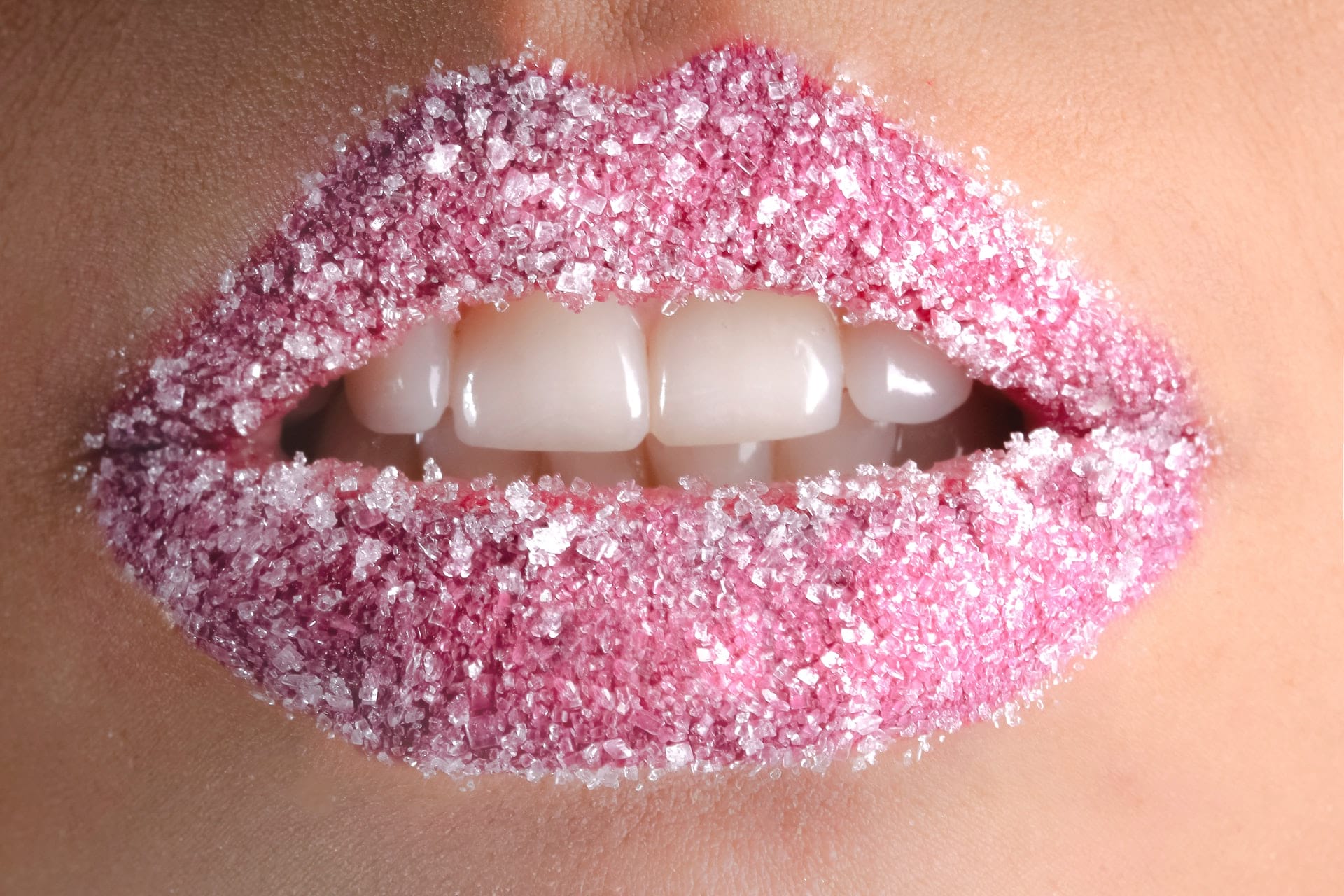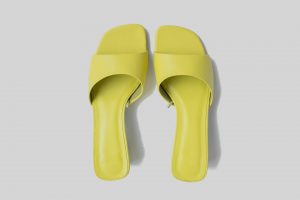
The phrase “tooth demineralization” refers to the wearing away of teeth enamel. This happens over time as a natural part of aging, but there are many things we do to contribute to our teeth’s demineralization. This includes smoking, consuming sugar, and practicing poor oral care habits.
So how can you get it back? According to Tufts School of Dental Medicine, tooth enamel actually doesn’t grow back. Your best bet is to actively protect teeth enamel and work to remineralize the teeth by strengthening them.
You can remineralize by brushing or rinsing with dental products that have minerals that bond to your teeth’s enamel, which helps prevent tooth decay. It is not a one-and-done procedure; it’s a process that should become part of everyone’s regular oral care routine.
Signs of Teeth Demineralization

You should always be on the lookout for signs that your teeth are becoming demineralized. This can include, but is not limited to, increased sensitivity and discoloration. You’ll want to consult with your dentist, however, to truly know what is going on. If you are experiencing severe enamel loss, your dentist might suggest bonding or crowns. This is true even if you don’t yet have a cavity, but have severely damaged enamel. In these cases, the procedure acts to prevent and protect your teeth from further deterioration.
Who Benefits From Remineralization?
Over time, with use and age, teeth are naturally worn down. This is elevated for people that do not practice oral care. For instance, people that don’t brush, floss and regularly visit the dentist are more likely to experience demineralization.
There are also some medical conditions that put you at a greater risk for decay and demineralization. This includes diabetes, which can lead to dental problems like gum disease and decay. Chronic dry mouth is another cause of demineralization, no matter if it comes as a side effect of medication or from poor health in general.
In fact, dry mouth is considered to be one of the top causes of tooth demineralization. This happens because saliva naturally remineralizes teeth with phosphate and calcium, both of which fortify teeth. Dry mouth reduces saliva, leading to demineralization. If you happen to deal with dry mouth, ask your doctor and dentist for solutions. You may need to change medication, or find alternative ways to treat dry mouth.
People who have radiation treatments, especially in the neck and head areas, should talk with their dentists. These types of treatments can damage teeth, and you may benefit from remineralization treatment. And of course, smokers and those who chew tobacco need to consult a dentist. These habits can cause a lot of dental health issues, from gum disease to tooth loss.
Tips to Remineralize Teeth

As with anything, prevention is always the first defense. Your first step should be to look at your habits to see what you are doing that may cause or speed up demineralization.
A few potential changes you may need to make include:
• Quitting tobacco in all forms
• Reducing or removing sugar
• Limiting your intake of fruit and juices
• Reducing your intake of starchy foods
• Swapping your gum out for a sugar free version
• Reducing or removing dairy
Once you know what you can do to protect your teeth’s enamel and slow the demineralization process, you should take a look at your oral hygiene routine. This will not only help prevent additional enamel loss, but help remineralize your teeth in the process.
Oftentimes this starts with fluoride. Fluoride is the top defense against tooth decay, which is why it is added to public water sources across the nation. You also get it with many oral care products. It works in three different but equally important ways: prevents mineral loss, replaces lost minerals and fights bacteria, according to the National Institute of Dental and Craniofacial Research.

• Drink water that has fluoride: This is usually easy to do because most public water sources are fluoridated. If you drink water that has had fluoride filtered out, however, you may not be getting enough.
• Use toothpaste that has fluoride: You’ll get the recommended amount when you brush with a pea-sized amount of toothpaste, two times a day.
• Use decay-preventing mouth rinse: A mouth rinse that prevents tooth decay can help ensure you get enough fluoride, even if you don’t have fluoridated water. Always follow the instructions, or ask your dentist, to make sure you’re using it correctly.
• Get supplemental fluoride treatment: Your dentist can offer you in-office fluoride treatments. These are affordable, coming in around $10 to $30. They are quick, painless and can go a long way in protecting your tooth enamel.
In reality, tooth demineralization happens, either from age or by lifestyle choices. So no matter the state of your teeth, you’ll want to pay attention and work to improve your teeth’s enamel. This includes working to improve your oral care routine, reducing habits that harm your teeth and actively working to remineralize your teeth whenever possible.















